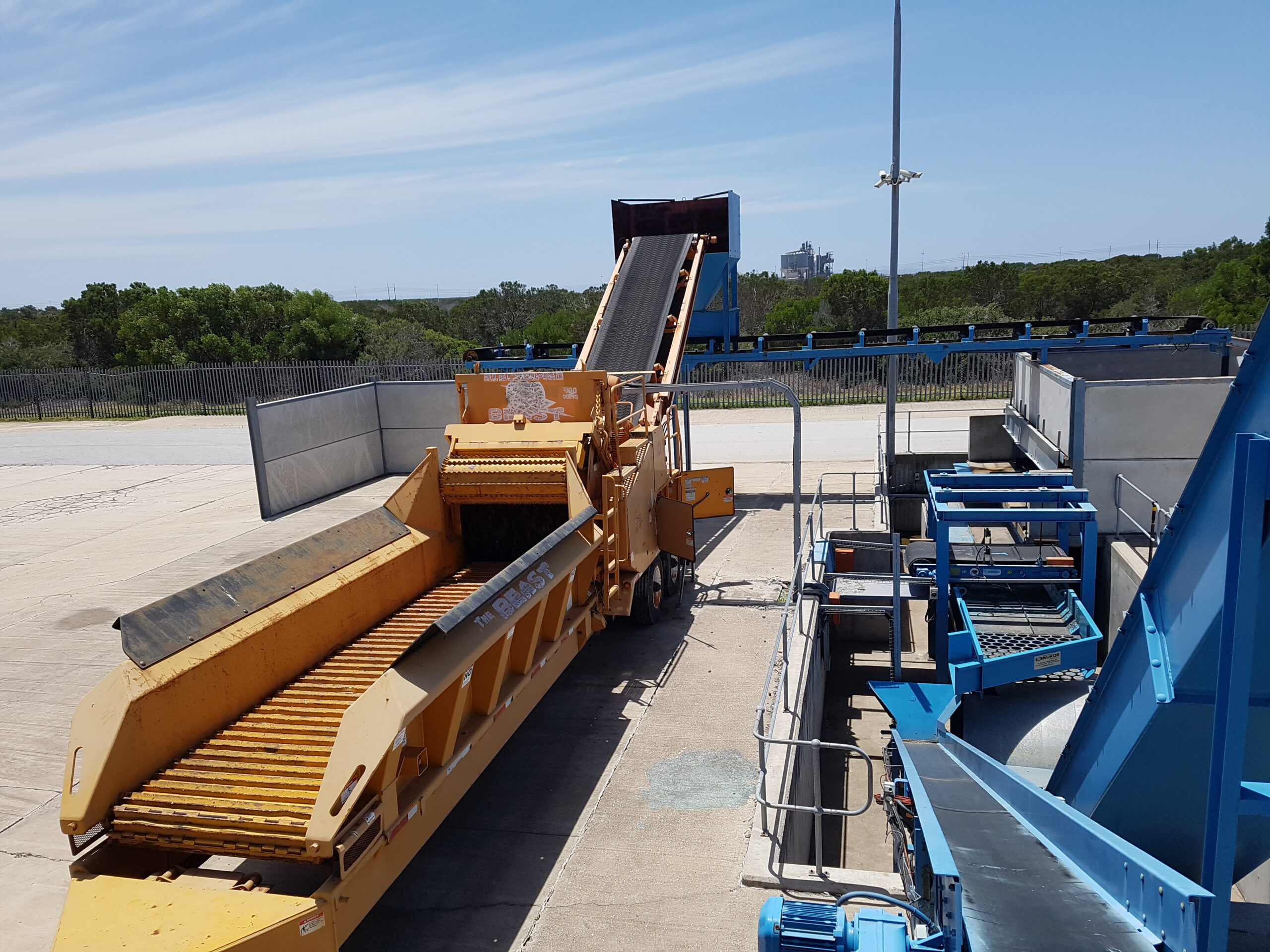Biomass opportunities in South Africa take shape
 After two years, the partnership of South Africa and the Netherlands on solid biomass pays off. The feedstock for the Coega Biomass Centre (CBC) pellet factory, that will go into operation within a year, will be made available for over 10 years. The local socio-economic and environmental impact of this pellet factory in Porth Elisabeth is substantial, creating over 600 jobs and saving over 5 million m³ of water. The production of white pellets for clean cooking will halve the energy bills of households and reduce respiratory diseases. Furthermore, a new production technology to replace coal by black pellets turns out to be very promising. Partnerships for biofuel and biochemical production in South Africa, that are being developed can potentially create thousands of additional jobs and save up to 17 Mton CO₂-emissions.
After two years, the partnership of South Africa and the Netherlands on solid biomass pays off. The feedstock for the Coega Biomass Centre (CBC) pellet factory, that will go into operation within a year, will be made available for over 10 years. The local socio-economic and environmental impact of this pellet factory in Porth Elisabeth is substantial, creating over 600 jobs and saving over 5 million m³ of water. The production of white pellets for clean cooking will halve the energy bills of households and reduce respiratory diseases. Furthermore, a new production technology to replace coal by black pellets turns out to be very promising. Partnerships for biofuel and biochemical production in South Africa, that are being developed can potentially create thousands of additional jobs and save up to 17 Mton CO₂-emissions.
On November 11, 2021 the Netherlands embassy in South Africa organised the event CoCreate MyCity 2021 in Johannesburg. Part of this closed online meeting was a workshop of Partners in International Business about the opportunities for solid biomass value chains in South Africa. The private partners of this consortium – African Clean Energy, Yilkins, FincoFuel and Control Union Certification – pitched their solutions via video (click on the links). In addition, the results of two years of this South Africa – Netherlands partnership were presented by sector coordinator Emiel Hanekamp of Partners for Innovation.
Feedstock secured
The refurbishment of the pellet factory will begin early 2022 and will go into operation in the Autumn of 2022. The maximum production capacity of the factory is 120.000 tons of white pellets. The feedstock will consist of about 70% alien invasive plants (AIP) and 30% sawmill residues. The proven availability of feedstock for at least 10 years and the feedstock supply contracts for the first 2,5 years, reduce the risks. The product meets the international Quality and European Sustainability requirements.
Substantial impact
South African Stellenbosch University and the Dutch Utrecht University investigated the local socio-economic and environmental impact of the CBC. They conclude that the factory will create over 600 jobs in harvesting, logistics and the pellet factory itself. The removal of AIP saves up to 3600 m³/ha water annually, over 5 million m³ in total. Substituting coal by pellets could reduce CO₂ emissions by 70-80%.
Together with Yilkins, a feasibility study of the torrefaction technology was carried out. Seven different AIP-species samples were harvested, chipped, milled and bagged at CBC. 13 samples were shipped to Yilkins for drying and torrefaction. The samples were tested by a certified lab in the Netherlands. The official test results of the pellets show that the pellets meet international i2 specifications, meaning that the black pellets are perfectly suited for substituting coal.
Small and large customers
On the customer side, partnership and alliance on clean cooking has been established. With white pellets, households can save 50% on their household energy bills. In addition, soot and other air emissions would be lower than WHO standards, decreasing respiratory diseases. Pellets will reduce 1 ton of CO₂, per cookstove, per year and create local employment in stove and pellet sales and distribution.
For large customers, partnerships on biofuel are being developed. The potential impact of these partnerships is significant: the production of biofuel and biochemical in South Africa, creating additionally 22.000 jobs and avoiding 17 Mton of CO₂ emissions.
Interested?
Read more about the PIB Solid Biomass and the Coega Biomass Centre. For more information, please contact Emiel Hanekamp.
Want to
know more?
Contact us!


